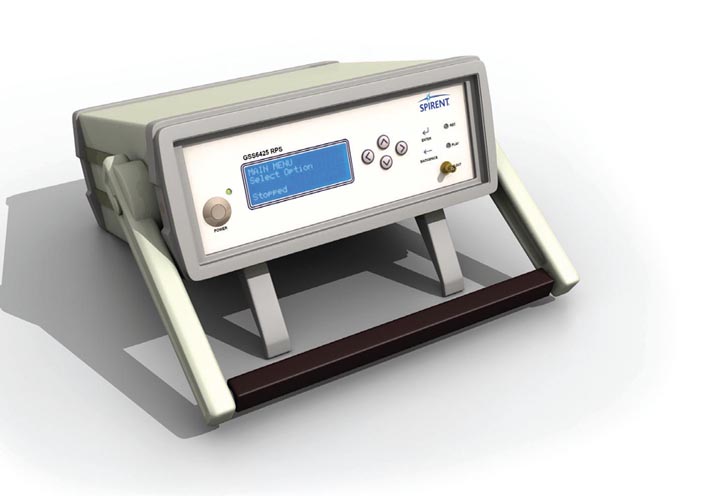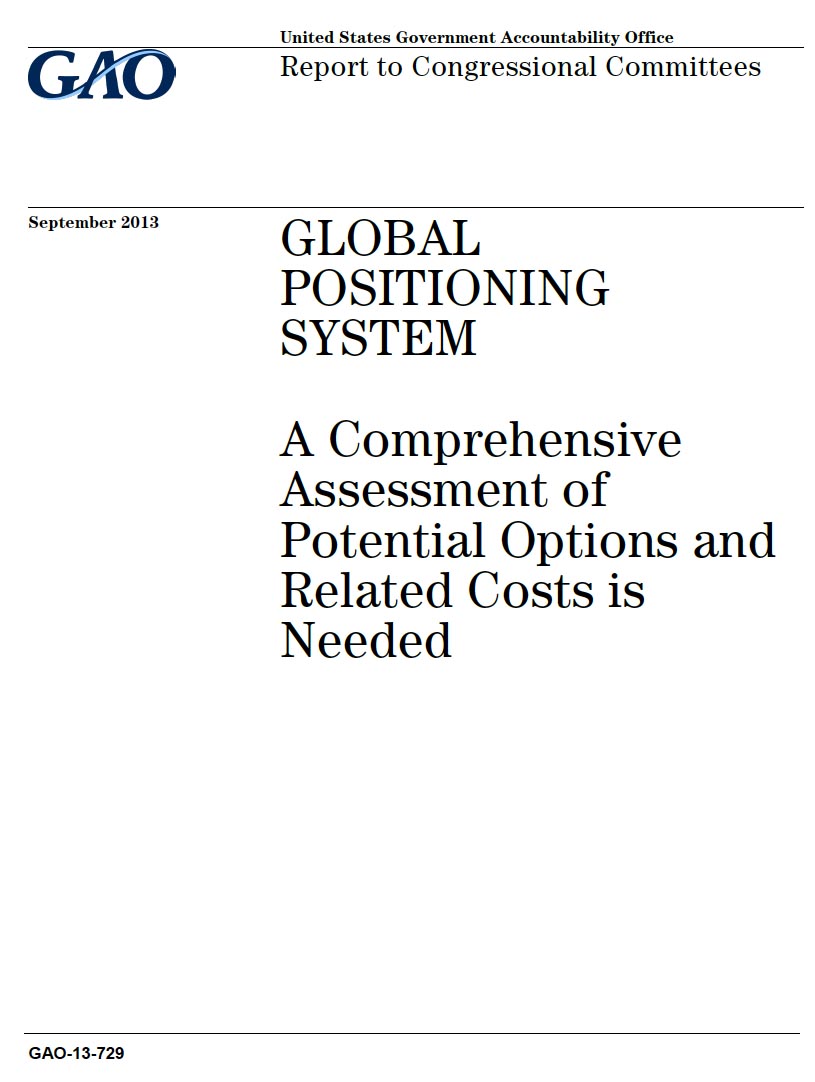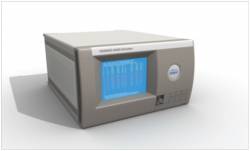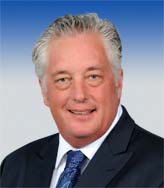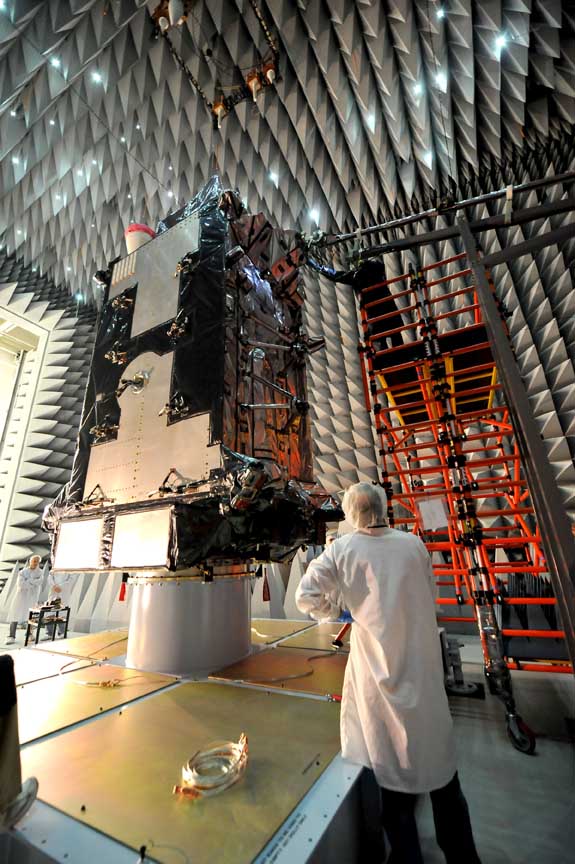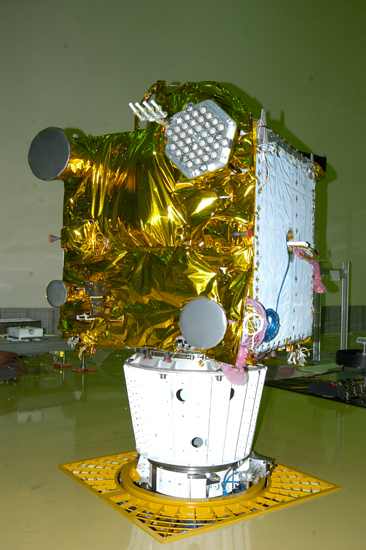Budget Battle: GPS Program Funding Appears Solid
The GPS program appears well positioned to weather another round of budget cuts, although some contractors that support the program may not be so fortunate.
“I would expect GPS will be relatively protected (with) continued investment and modernization of the satellite constellation.” said Robert Levinson, a senior defense analyst for Bloomberg Government during an October 28 briefing.
“GPS is in fairly good shape,” confirmed an expert familiar with the Air Force’s budget.
By Inside GNSS

